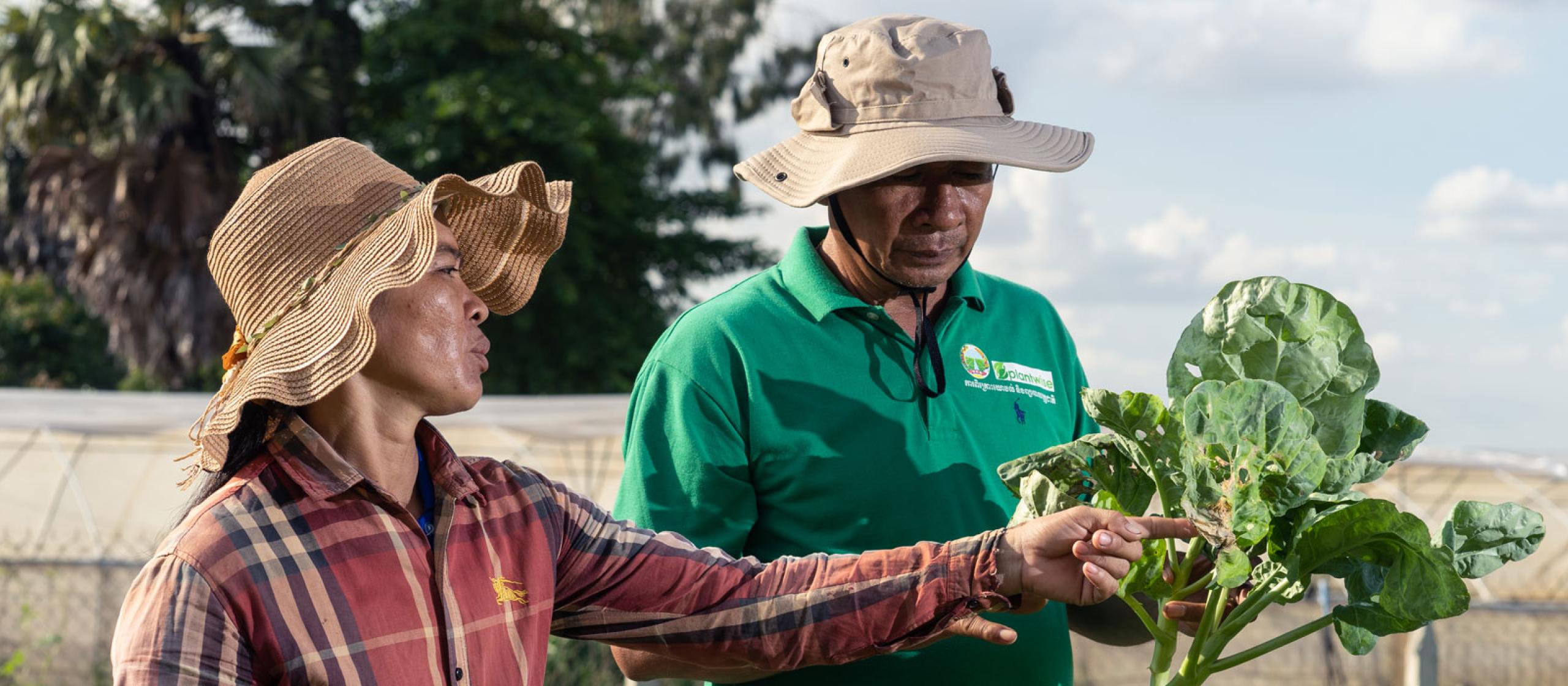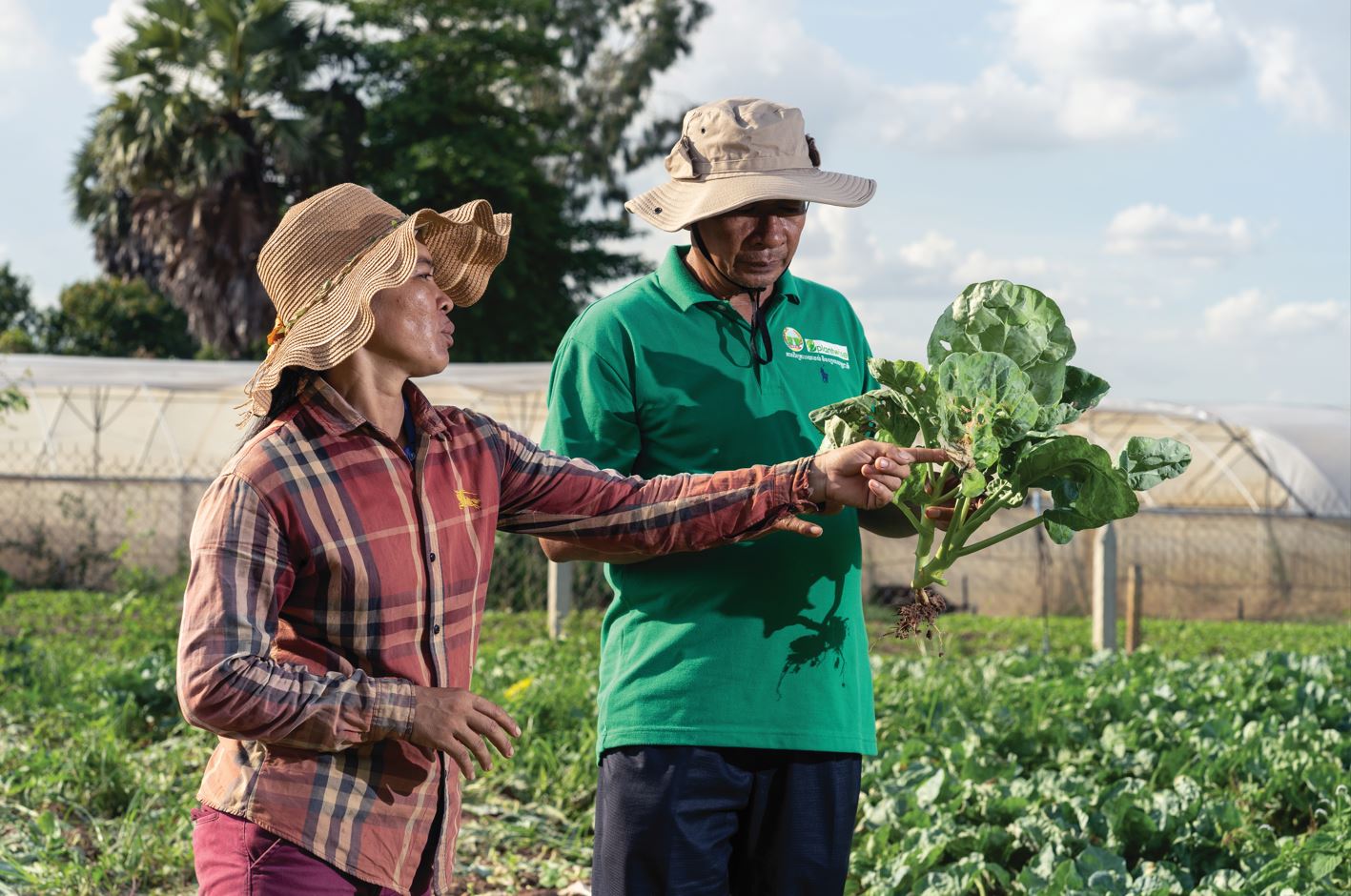ACIAR provides core funding to CABI that contributes to improved agricultural outcomes for low-income and lower-middle-income countries around the world, including in South-East Asia, South America, eastern Africa and northern Africa. A large part of this work focuses on weed, pest and disease management, which also delivers benefits to Australian agriculture and research.
Dr Julianne Biddle, ACIAR director of multilateral engagement, said core funding helps CABI promote better chemical pesticide management and develop much-needed alternatives.
‘Chemical pesticide use is a growing issue for human and environmental health, market access and input costs,’ said Dr Biddle. ‘CABI is working on alternatives, such as biocontrols, integrated pest management, swift pathogen identification, on-farm management and market testing for chemical residues. Core funding helps ensure staff capacity is maintained, and long-term research is supported.’
Ms Sally Stone, head of strategic partnerships for CABI, said core funding from ACIAR is highly valued for supporting the CABI Development Fund and Plantwise program. The fund allows CABI to develop novel technologies or approaches, respond rapidly to member country needs, and to continuously monitor and evaluate its programs.
‘We were able to pilot the initial Plantwise program using the development fund,’ said Ms Stone. ‘The program established a network of plant clinics, and other extension approaches, to provide practical advice to farmers. It has reached more than 54 million smallholders in 35 countries over 10 years, with gender-focused studies helping to ensure inclusivity.’
The follow-on PlantwisePlus program was launched in 2021 to enable participating countries to predict, prevent and prepare for plant health threats, and to help farmers be productive in a changing climate.
ACIAR Project: ‘Strengthening vegetable value chains in Pakistan for greater community livelihood benefits’ (HORT/2016/012)




